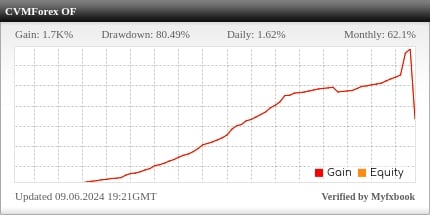In the ever-changing world of Forex trading, getting ahead of the game requires access to the most efficient and transparent trading platforms. One such trading method gaining popularity among traders is Electronic Communication Network (ECN) trading. ECN trading has transformed the way traders participate in Forex markets, offering a level playing field for both retail and institutional traders. In this article, we will delve into the key aspects of ECN trading, highlighting its benefits and potential drawbacks.
What is ECN Trading?
ECN trading is a decentralized approach to Forex trading, where multiple participants, including retail traders, institutional investors, and banks, interact with each other directly in a global electronic network. Unlike traditional market makers, ECN brokers do not act as counterparties to traders’ orders but instead aggregate buy and sell orders from various participants, allowing them to match orders more efficiently.
Key Advantages of ECN Trading:
Transparency: ECN trading platforms provide real-time access to market depth, showing all available buy and sell orders. This transparency allows traders to make informed decisions based on actual market conditions.
Tight Spreads: ECN brokers offer some of the tightest spreads in the industry because they connect traders directly to the interbank market, where spreads are naturally narrower.
No Conflict of Interest: Since ECN brokers do not take the opposite side of traders’ orders, there is no conflict of interest. Brokers profit from commissions and fees rather than trading against their clients.
Fast Execution: ECN trading platforms are known for their lightning-fast execution speeds, reducing the likelihood of slippage and ensuring traders can enter and exit positions quickly.
Access to Liquidity: ECN trading provides access to a vast pool of liquidity, making it possible to execute large trades without significantly impacting prices.
Potential Drawbacks:
Commissions: ECN brokers charge commissions on trades, which can be higher than the spreads offered by market makers. Traders need to factor in these costs when assessing the overall profitability of their strategies.
Market Volatility: While ECN trading can be advantageous during normal market conditions, it can also expose traders to increased volatility during news events or market shocks.
Learning Curve: ECN trading may be more complex for novice traders due to the depth of market data and the need for a thorough understanding of order types and execution methods.
Minimum Deposit: Some ECN brokers require larger initial deposits compared to retail brokers, which may limit access for smaller traders.
Is ECN Trading Right for You?
Whether ECN trading is suitable for you depends on your trading style, goals, and risk tolerance. If you value transparency, fast execution, and are comfortable with paying commissions, ECN trading may align with your preferences. However, if you prefer simpler fee structures or have a smaller trading capital, you may want to explore other options.
In conclusion, ECN trading is a dynamic and transparent approach to Forex trading that has gained popularity for its ability to provide direct access to the interbank market. While it offers numerous advantages, it’s crucial for traders to weigh the potential drawbacks and carefully consider their individual trading needs.













